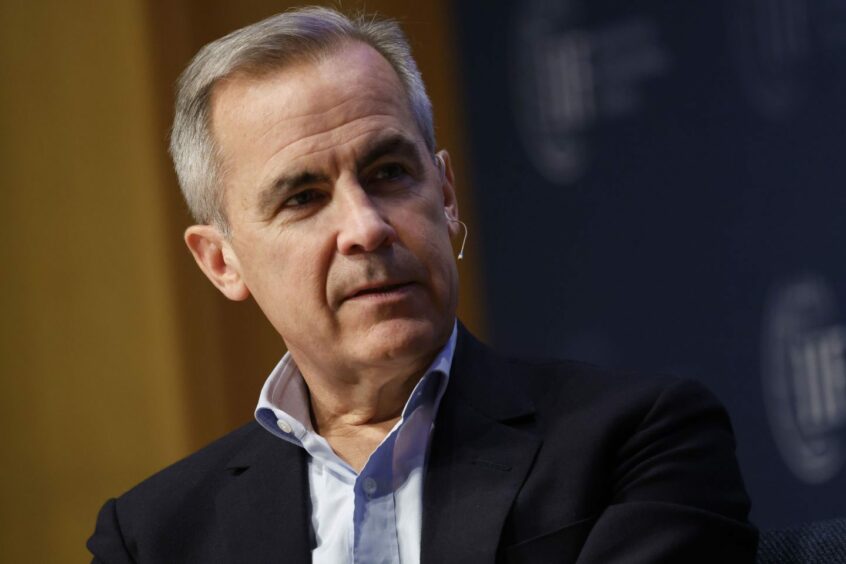
Four more banks have left the Net-Zero Banking Alliance (NZBA), a fortnight after Mark Carney announced a shift in strategy at affiliate the Glasgow Financial Alliance for Net Zero (GFANZ).
BMO Financial Group, TD Bank Group, the National Bank of Canada and Canadian Imperial Bank of Commerce have departed the United Nations partnership on lowering emissions, the NZBA said on Friday.
The banking alliance has been haemorrhaging members since Donald Trump, who is due to take up the presidency today, was elected for a second time.
Since these latest departures 137 banks remain with the alliance spread across 44 countries, which together represent $58tn of total assets.
Bruce Huber, chief executive of London-based investment bank Alexa Capital, said this month that a slew of departures from the climate initiative came as “Trump is pounding his fist” on energy security.
The Republican-led House judiciary committee wrote to members of climate initiatives in July 2024 over what it described as the “potentially harmful effects” of a coordinated agreement to decarbonise assets.
In an interim staff report in June, the committee accused GFANZ, Climate Action 100+ and the Net Zero Asset Managers initiative of leading a ‘climate cartel’.
The latest departures from the NZBA follow the exit of six commercial banks from the net-zero alliance since the start of December. JP Morgan Chase and Morgan Stanley both decided to withdraw at the start of January.
This month, the GFANZ secretariat unveiled a major shift in strategy at the alliance. It said it had achieved its goal of “building blocks of a financial system capable of financing the transition to net zero”.
An independent Principals Group was formed to address barriers in providing “capital for the transition around the world”, and the alliance indicated it would focus on public-private partnerships.
Whereas members were required to align with the Paris agreement on climate change, the group said in December that it would “lower the barriers to financing energy transition to participate”.
Standard Chartered is one of the banks that still remain in the UN-convened NZBA, which became a founding member of GFANZ when it launched in 2021.
“Sustainability is a strategic focus area for Standard Chartered and our long-standing commitment to this is evidenced by our membership of both the GFANZ principals group and the NZBA,” a spokesperson for Standard Chartered confirmed in a statement.
BMO Financial Group, TD Bank Group, the National Bank of Canada and Canadian Imperial Bank of Commerce were approached for comment.

